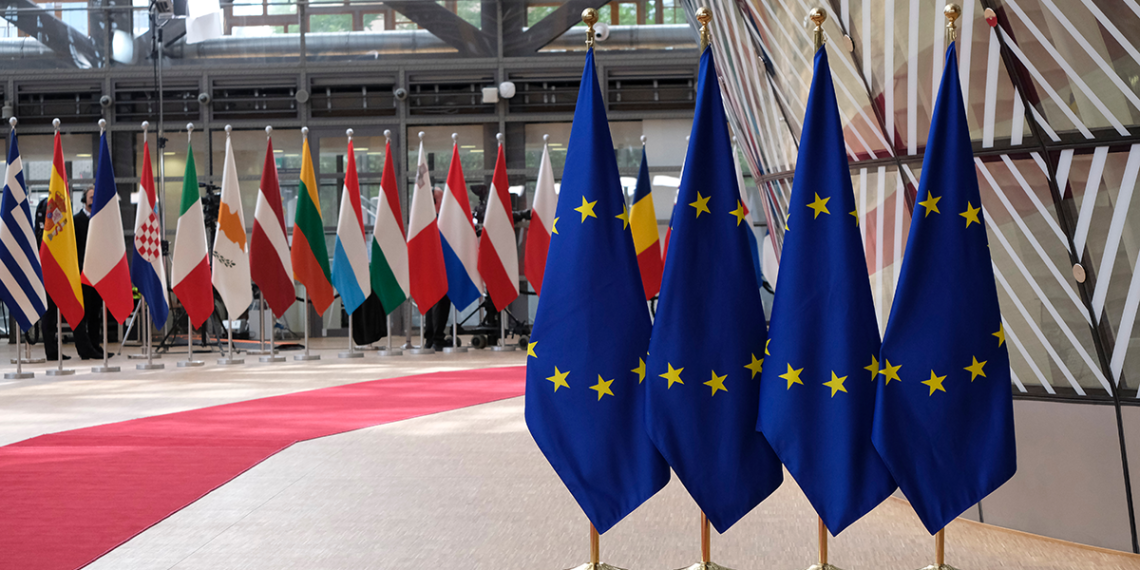The European Union (EU) has made significant strides by enhancing partnerships with the Democratic Republic of the Congo (DRC) and Zambia at the Global Gateway Forum in Brussels. The EU signed Memoranda of Understandings (MOUs) with both countries to develop critical raw materials value chains and boost transport connectivity.
Commissioner for International Partnerships, Jutta Urpilainen, signed the MOU with DRC Minister of Mines, Antoinette N’samba Kalambayi, and Zambian Minister of Finance, Situmbeko Musokotwane.
The Global Gateway Forum serves as a platform that brings together government representatives from the EU and around the world, along with key stakeholders from various sectors. The forum aims to promote global investment in infrastructure to achieve the Sustainable Development Goals (SDGs) and foster sustainable growth and resilience worldwide.
“Global Gateway provides the frame for ambitious and strategic partnerships driving structural transformation,” commented European Commission President Ursula von der Leyen. “The new partnerships with the DRC and Zambia will support the development of sustainable and resilient value chains of critical raw materials, while creating quality local jobs.”
As part of the Action Plan on Critical Raw Materials, the commission has started to address the shortage of critical raw materials for the global energy transition by diversifying their supply. The Commission has already established six strategic partnerships on raw materials with Canada (June 2021), Ukraine (July 2021), Kazakhstan and Namibia (November 2022), Argentina (June 2023) and Chile (July 2023) on behalf of the EU. It is currently negotiating free trade agreements with Australia and Indonesia as well that are expected to include energy and raw materials chapters.
Additionally, the EU, along with the United States of America, the DRC, the Republic of Zambia, the Republic of Angola, the African Development Bank, and the Africa Finance Corporation, signed a landmark MOU to support the development of the “Lobito Corridor”. This transport corridor will connect the southern part of the DRC and the north-western part of Zambia to regional and global trade markets via the Port of Lobito in Angola.
Global Gateway’s strategy focuses on five key areas of cooperation for critical raw materials. These include the integration of sustainable raw materials value chains, mobilization of funding for infrastructure development, cooperation in achieving sustainable and responsible production, collaboration on research and innovation, and capacity building to enforce relevant rules. Concrete roadmaps will be developed to implement these initiatives by 2030.
Global Gateway’s approach brings the EU, EU member states, and European development finance institutions together where they aim to mobilize up to €300B in public and private investments from 2021 to 2027.












